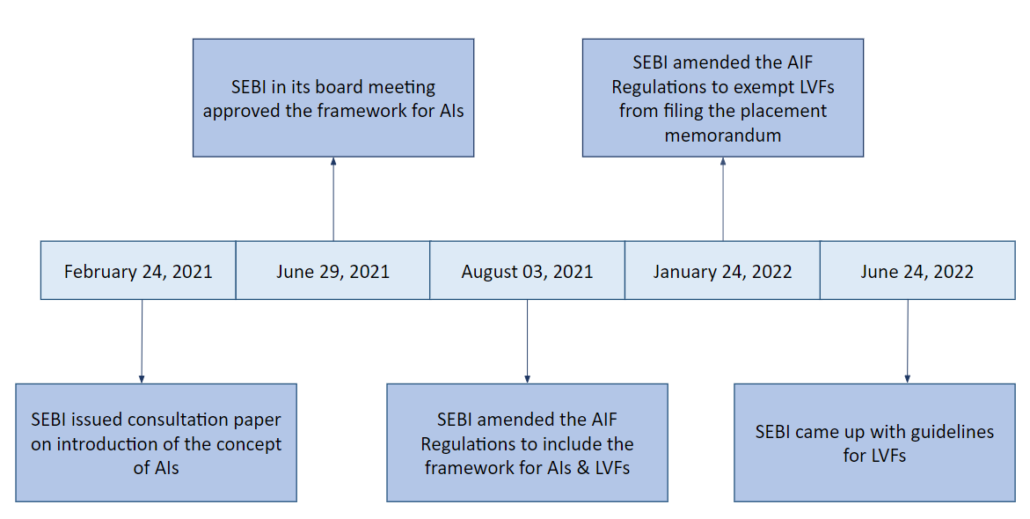– Sikha Bansal, Partner & Shraddha Shivani, Executive | corplaw@vinodkothari.com
Introduction
Pledge[1], hypothecation, mortgage – these are all forms of security interest[2], albeit with different features. Although the common objective of any form of security interest is to create a right in rem[3] (rather than in personam[4]) in favour of the lender, the effectiveness of the security interest would depend on the extent of overarching rights created by such security interest in favour of the lender. In another article[5], we have drawn a quick snapshot of the characteristics of each form of security interest. For instance, in hypothecation, the lender does not have any right of possession or any beneficial interest in the property, and the lender’s rights are limited to cause a sale on default; on the other hand, a mortgage (depending upon the type) may have far better rights – including the right to have the title, beneficial interest, etc. In fact, as we discuss elaborately in this article, a mortgage has several motivations for the lender.
However, a conventional notion around mortgages has been that the concept of ‘mortgage’ is only applicable to immovable property. This common view arises in view of explicit provisions under the Transfer of Property Act, 1882 (‘TP Act’). On the other hand, there are no written/codified provisions on mortgage of movable property. It is not that the Courts have not discussed and debated on the same. There have been ample opportunities before the Courts (as this article highlights), wherein Courts have upheld mortgages of movable properties as well. As such, it cannot be said that there has not been any decisive jurisprudence around the subject, however, the recent ruling of Supreme Court in PTC India Financial Services Limited v. Venkateshwar Kari and Another strongly revives the discussion and reinforces the argument that ‘mortgage of movables’ is perfectly possible, although not exactly in terms of the Contract Act; however, under common law principles of equity and natural justice. In fact, in his book Securitisation, Asset Reconstruction and Enforcement of Security Interests, Vinod Kothari, has discussed about ‘chattel mortgages’.
Here, it is important to understand the relevance of this discussion. As we discuss below, a mortgage is seen as the strongest form of security interest – a pledge or a hypothecation create much lesser rights in favour of the secured lender. Hence, from a lender’s perspective, it is always beneficial to have ‘better’ rights in terms of beneficial interest and control. Also, mortgages can be of various kinds (as discussed below), hence, the parties may have the flexibility to structure and opt for a suitable form of security interest.
The article thus, studies the jurisprudence around mortgage of movable property, and the principles which must be followed in order to effect the same. The article also studies how the PTC India ruling has revived the discussion around mortgage of movables. However, before we do so, it would be extremely important to understand the features of a mortgage and how a mortgage can be used as a superior tool of security interest.
Read more → 

